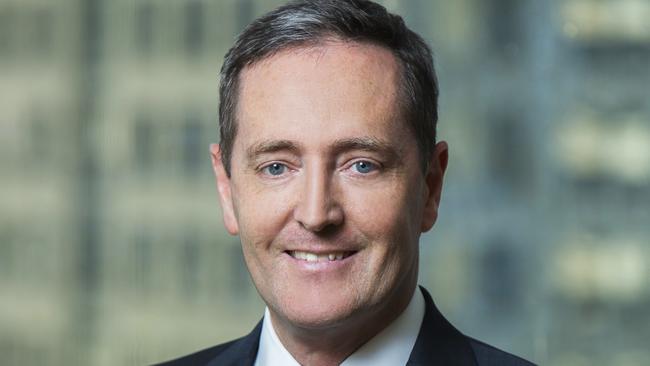Government ‘must amend’ performance test to encourage super out of carbon investment
The super funds association says the performance tests could discourage funds from reducing their exposure to coal and energy stocks.

The superannuation fund lobby wants the federal government to amend the Your Future, Your Super performance test to reduce pressure on funds aiming to decarbonise their portfolios.
The Association of Superannuation Funds of Australia has warned that the new YFYS rules – administered by the Australian Prudential Regulation Authority – could discourage funds from reducing their exposure to coal and energy stocks as part of their ESG strategy for fear of failing the test.
A research paper prepared for the association shows that funds with exposure to coal and energy stocks over the past year did noticeably better than those that excluded them, as prices were pushed up in the wake of Russia’s invasion of Ukraine.
The paper warns that the performance test is putting pressure on funds that want to decarbonise their portfolios but are worried it could hurt them because of the potential for lower returns in the short term.
“The test presents challenges for super funds seeking to reduce their exposure to certain assets for social or environmental reasons,” ASFA chief executive Martin Fahy told The Australian.
“While funds are free to exclude assets from their product portfolios, those same assets remain as constituents of the benchmarks which APRA uses to assess investment performance.”
This could have consequences for a fund if it found itself failing the performance test because of its commitment to decarbonise its portfolio, he added.

ASFA is calling on the government to extend the performance test period from the current eight years to 10. It also wants to have a review process where funds that narrowly failed the test could discuss with the prudential regulator the reasons – if linked to deliberate strategies for climate change or other ESG issues – before being publicly named for their performance.
The government is reviewing the testing regimen for MySuper products which came into operation last year. The performance test is due to expand to the “choice” super sector next July.
The ASFA research paper shows that a portfolio that excluded fossil fuels from the start of the last financial year would underperform funds that hadn’t by 2 per cent.
Mr Fahy said funds that had decided to reduce fossil fuel stocks in their portfolios from the beginning of last year would face a “really big penalty” for not performing in line with benchmarks that included fossil fuel companies over the past 12 months.
“It’s a good example of how funds which are starting to take an ESG perspective on how they construct their portfolio are exposing themselves to tracking errors,” he said.

The ASFA paper comes as the Australian Institute of Superannuation Trustees, in its submission to the government, also raised the issue of tension between the short-term pressure of the performance tests and the goal of decarbonisation.
“The performance test appears to be in tension with active consideration of long-term ESG risks in portfolios,” AIST chief executive Eva Scheerlinck wrote.
She said the regulator should provide more guidance on how it expected trustees to manage long-term ESG risks “in a context where the annual performance test may incentivise investment strategies that inhibit giving effective consideration to climate, social and governance risks.” “AIST has some concerns that the short-term tracking of backward-looking benchmarks may undervalue the performance of ESG products,” she said. “These products generally offer longer-term investment outcomes.”
Mr Fahy’s comments follow research from The Conexus Institute, FTSE Russell, the Australian Sustainable Finance Institute and the Responsible Investment Association of Australasia which raise similar issues.
ASFI chief executive Kristy Graham said there was a “need to ensure that financial policy and regulation in Australia does not inadvertently hinder the pursuit of broader goals, including the development of a financial system that appropriately addresses and accounts for long-term risks and opportunities related to climate change and sustainability.”



